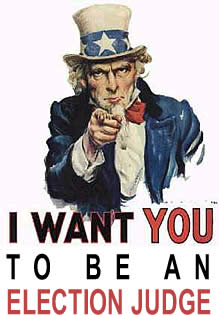I learned about “forest bathing” while hiking the other day. Since it was 37 degrees F. with a sharp wind, I can assure you that it did not involve removing my clothes.
Jacquie used the term as we hiked in the North Chagrin Reservation of the Cleveland Metroparks. There is growing scientific evidence that walking through natural areas — especially a forest — is good for you.
Well, duh!
Henry David Thoreau could have told us that in the 1840’s. He m ay not have been able to compare blood pressure readings or count white cells, but for two years he lived by himself in the woods near Walden Pond in order to face life.
ay not have been able to compare blood pressure readings or count white cells, but for two years he lived by himself in the woods near Walden Pond in order to face life.
In his essay, “A Life Without Principle”, Thoreau described how to live in the “Post-Truth” era. He told us that to find the truth in such times we need to
Read not the Times. Read the Eternities.
This is not an easy thing to do in an age when the Times, or the Post, or the Plain Dealer feel like Medieval texts compared to Twitter or the news crawl at the bottom of the 24-hour news channel screen. To get at the truth these days we need to learn to slow down the newsfeed, take time to listen to ourselves, and seek the wisdom of the ages in the holy writings, like the Bible or the Bhagavad Gita.
To read the Eternities themselves, we need to turn to what some Christian theologians call “The First Testament” — Creation.
The Bible tells us that Creation points to God:
The heavens declare the glory of God, and the skies announce what God’s hands have made.
Day after day they tell the story; night after night they tell it again.
They have no speech or words; they have no voice to be heard.
But their message goes out through all the world; their words go everywhere on earth.
Psalm 19:1-4
Looking at a starry sky or a mountain or an ocean helps us get a better perspective on ourselves, our successes and our failures.
When I look at the night sky and see the work of your fingers—the moon and the stars you set in place— what are mere mortals that you should think about them, human beings that you should care for them? Psalm 8:3-4
This is what Thoreau did. He looked at the sky, listened to the wind, followed rivers, and took note of birds and insects. He heard the Truth in the wind and the bird songs. He saw the sun rise and set. He felt the change in the seasons.
Here are some of the things he learned:
The universe is wider than our views of it.
Things do not change. We change.
Every creature is better alive than dead, men and moose and pine trees, and he who understands it aright will rather preserve its life than destroy it.
What has the Creation taught you that is the opposite of what the Tweets, the Times and human “wisdom” tries to sell you?











